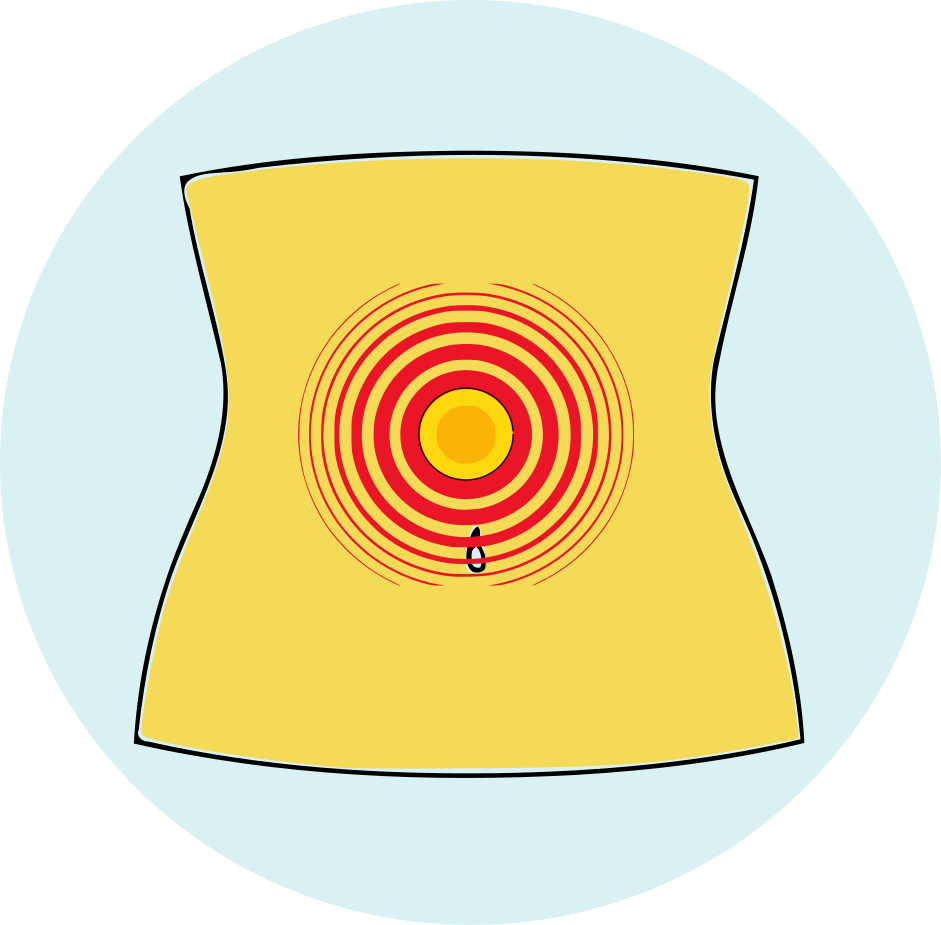| Name | Atazanavir |
| Classes |
Antiinfective Agent Antiviral Agent Protease Inhibitor |
| Diseases |
HIV Infectious Disease |
Atazanavir
Atazanavir is an antiviral drug from the class protease inhibitor. The HIV-1 protease is inhibited by the peptidomimetic drug Atazanavir. HIV protease inhibition prevents the enzyme from processing the Gag-Pol polyprotein precursor, which results in the generation of immature, non-infectious HIV particles.
Atazanavir is indicated in combination with other antiretroviral agents for the treatment of HIV-1 infection.
- Treatment-naive patients: Atazanavir 300 mg with 100 mg ritonavir once daily with food or Atazanavir 400 mg once daily with food Atazanavir 300 mg with ritonavir 100 mg is the recommended dose when co-administered with tenofovir.
- Treatment-experienced patients: Atazanavir 300 mg with ritonavir 100 mg once daily with food.
- Pediatric patients (6 to less than 18 years of age): Dosage is based on body weight not to exceed the adult dose.
- Pregnancy: Atazanavir 300 mg with ritonavir 100 mg once daily with food, with dosing modifications for some concomitant medications.
- Concomitant therapy: Dosing modifications may be required.
- Renal impairment: Dosing modifications may be required.
- Hepatic impairment: Dosing modifications may be required.
- Some patients may experience PR interval prolongation. Use with caution in patients who already have conduction system disease or when combined with other medications that may prolong the PR interval.
- The majority of patients experience asymptomatic increases in indirect bilirubin, which are reversible when the medication is stopped. Do not reduce the dose. If a concurrent transaminase increase occurs, look for other causes.
- In patients with hepatic impairment, Atazanavir should be used with caution. Patients infected with hepatitis B or C are at risk of elevated transaminases or hepatic decompensation. Prior to and during treatment, keep an eye on hepatic laboratory tests.
- There have been reports of nephrolithiasis. Consider a brief interruption or discontinuity.
- Patients receiving Atazanavir may develop new onset or exacerbations of diabetes mellitus/hyperglycemia, immune reconstitution syndrome (5.8), and redistribution/accumulation of body fat.
- Hemophilia: Spontaneous bleeding may occur and additional factor VIII may be required.
Contraindication
Atazanavir is contraindicated in patients with known hypersensitivity to atazanavir or any of its ingredients.
Coadministration with the following drugs is contraindicated-
- Alfuzosin Hydrochloride
- Triazolam
- Midazolam
- Ergometrine Maleate
- Ergotamine Tartrate
- Rifampicin
- Lovastatin
- Simvastatin
- Indinavir
- Cisapride
- Pimozide
- Sildenafil
Co-administration with St. John's wart is contraindicated.
None known.
 Bangla
Bangla English
English








